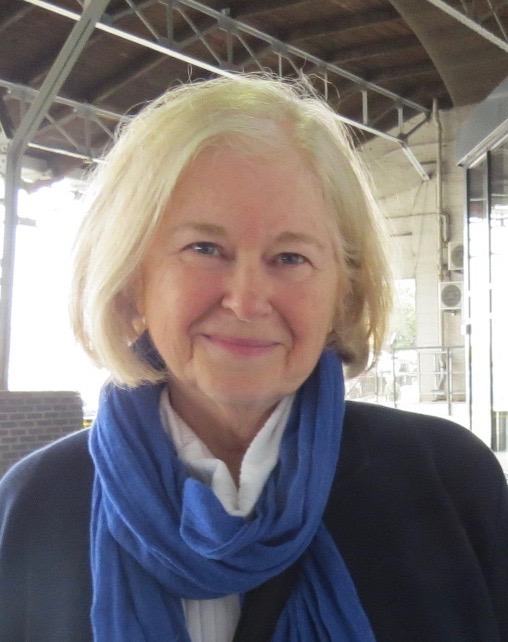No ‘butts’ about it, this test is crucial
October 27, 2020

While she is never really excited about scheduling her colonoscopy, Linda Perkins of Barrington was particularly worried about scheduling the procedure this year. “I was nervous to schedule this year due to COVID-19. I considered waiting until there is a vaccine.”
But after Perkins mentioned her anxiety to a close friend who had colon cancer detected during her colonoscopy, she changed her mind. “My friend felt very strongly that it shouldn’t be put off.”
A colonoscopy is the most reliable way to prevent and detect colon cancer. Polyps are found in at least 25 percent of men and women over the age of 50 through colonoscopies. As most colon cancer begins as precancerous polyps (called adenomas), detecting and removing these polyps are key to preventing cancer.
According to cancer.net, it is estimated that 53,200 deaths (28,630 men and 24,570 women) will be attributed to colorectal cancer this year. Colorectal cancer is the second leading cause of cancer death in the United States for men and women combined.
Colorectal cancer starts in the colon or the rectum. These cancers can also be called colon cancer or rectal cancer, depending on where they start. Colon cancer and rectal cancer are often grouped together because they have many features in common.
So Perkins made the decision to not delay her colonoscopy, but how did she feel about the whole experience during a pandemic?
Three days before the colonoscopy, “I was scheduled for a COVID-19 test and was instructed to self-quarantine until the procedure. That was easy. I pulled up at the NCH testing site at my appointed time, the technician came to the car and did the swab and I was done. It was reassuring for me that the hospital is being proactive regarding safety.”
Her day-of experience was just as easy. “I was driven to the hospital by a loved one and, at the hospital’s entrance my temperature was taken and I was given approval to proceed to my procedure. The waiting room was empty and check-in was very quick. Truly, once I was at the hospital I did not feel uncomfortable or worried about COVID-19 at all. Staff called my companion to share when I was going into the procedure and when I was out. They called when I was ready to be picked up, and when I got downstairs the car was there. The whole experience went very well.”
Perkins says she has told others about her experience in hopes that they won’t put off important screenings. COVID-19 shouldn’t be a concern in their decision-making. “It was clear the hospital is taking all necessary measures to keep us safe, and the staff followed all the protocols I have seen from the Centers for Disease Control and Prevention and Dr. Fauci.”
Are you due for a colonoscopy?
You should begin screening for colorectal cancer soon after turning 45, then continue getting screened at regular intervals. However, you may need to be tested earlier, or more often than other people, if—
• You or a close relative have had colorectal polyps or colorectal cancer.
• You have an inflammatory bowel disease such as Crohn’s disease or ulcerative colitis.
• You have a genetic syndrome such as familial adenomatous polyposis (FAP) or hereditary non-polyposis colorectal cancer (Lynch syndrome).
If you think you are at increased risk for colorectal cancer, speak with your doctor about when to begin screening, which test is right for you and how often you need to get tested.
As for Perkins, she’ll be back in five years for her next colonoscopy ― and hopefully COVID-19 will be a thing of the past.
While cancer screenings are covered by most insurance plans, please check with your insurance carrier about your coverage for this screening.
Learn more about colorectal cancer screening.
No case is the same; results may vary.